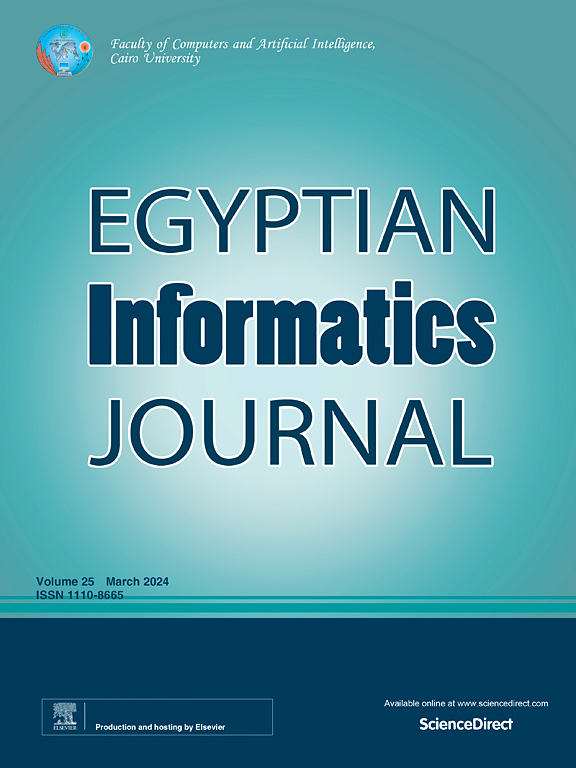自动驾驶汽车拥堵模型:基于lstm的透明预测模型与可解释人工智能(EAI)
IF 5
3区 计算机科学
Q1 COMPUTER SCIENCE, ARTIFICIAL INTELLIGENCE
引用次数: 0
摘要
为了方便自动驾驶汽车的交通管理,城市交通拥堵提出了一系列至关重要的困难,需要精确的预测模型。这项工作引入了一个新的框架,通过可解释人工智能(XAI)提供的方法来调节长短期记忆(LSTM)系统,以解释交通拥堵的行为模式。为了提高准确性和透明度,EAI方法与基于LSTM的模型的集成被认为是一种新的拥塞预测方法,而之前已经使用机器学习进行了大量研究,通过联邦学习Waqas等人,比较了之前提出的基于模型的拥塞监测改进。针对需要准确预测交通拥堵率以提高城市机动性的智能城市环境,提出了基于EAI的长短期记忆增强机器学习(LSTM-EAI)模型。所提出的模型提供了更好的可解释性,帮助利益相关者理解输入在交通阻塞条件下如何发挥重要作用。结果表明,LSTM-EAI模型的拥塞预测精度和可靠性均比现有方法提高5%,有望成为解决城市交通问题的一种实用有效的方法。本文章由计算机程序翻译,如有差异,请以英文原文为准。
Autonomous vehicles congestion model: A transparent LSTM-based prediction model corporate with Explainable Artificial Intelligence (EAI)
Urban traffic congestion presents a range of vital difficulties requiring precise prediction models in order to facilitate traffic management for Autonomous Vehicles. This work introduces a novel framework that regulates a Long Short-Term Memory (LSTM) system with methods provided by Explainable Artificial Intelligence (XAI) to explain traffic congestion behavioural modes. For enhanced accuracy and transparency, the integration of EAI methodologies with LSTM based models is addressed as a novel approach towards congestion prediction, while significant research has been done previously using Machine Learning that compared previous proposed based model congestion monitoring improvement through Federated Learning Waqas et al. [18]. This wok proposes the enhances ML focused on Long Short-Term Memory with EAI (LSTM-EAI) model for Smart City environments that require accurate traffic congestion rate forecast to improve the urban mobility. The proposed model provides better interpretability that help stakeholders to understand how the input plays an important role in the condition of traffic jams. The results show that the LSTM-EAI model is 5 % better than previous methods for both the accuracy and reliability of congestion prediction, and may become a practical and effective solution for the urban traffic problem.
求助全文
通过发布文献求助,成功后即可免费获取论文全文。
去求助
来源期刊

Egyptian Informatics Journal
Decision Sciences-Management Science and Operations Research
CiteScore
11.10
自引率
1.90%
发文量
59
审稿时长
110 days
期刊介绍:
The Egyptian Informatics Journal is published by the Faculty of Computers and Artificial Intelligence, Cairo University. This Journal provides a forum for the state-of-the-art research and development in the fields of computing, including computer sciences, information technologies, information systems, operations research and decision support. Innovative and not-previously-published work in subjects covered by the Journal is encouraged to be submitted, whether from academic, research or commercial sources.
 求助内容:
求助内容: 应助结果提醒方式:
应助结果提醒方式:


